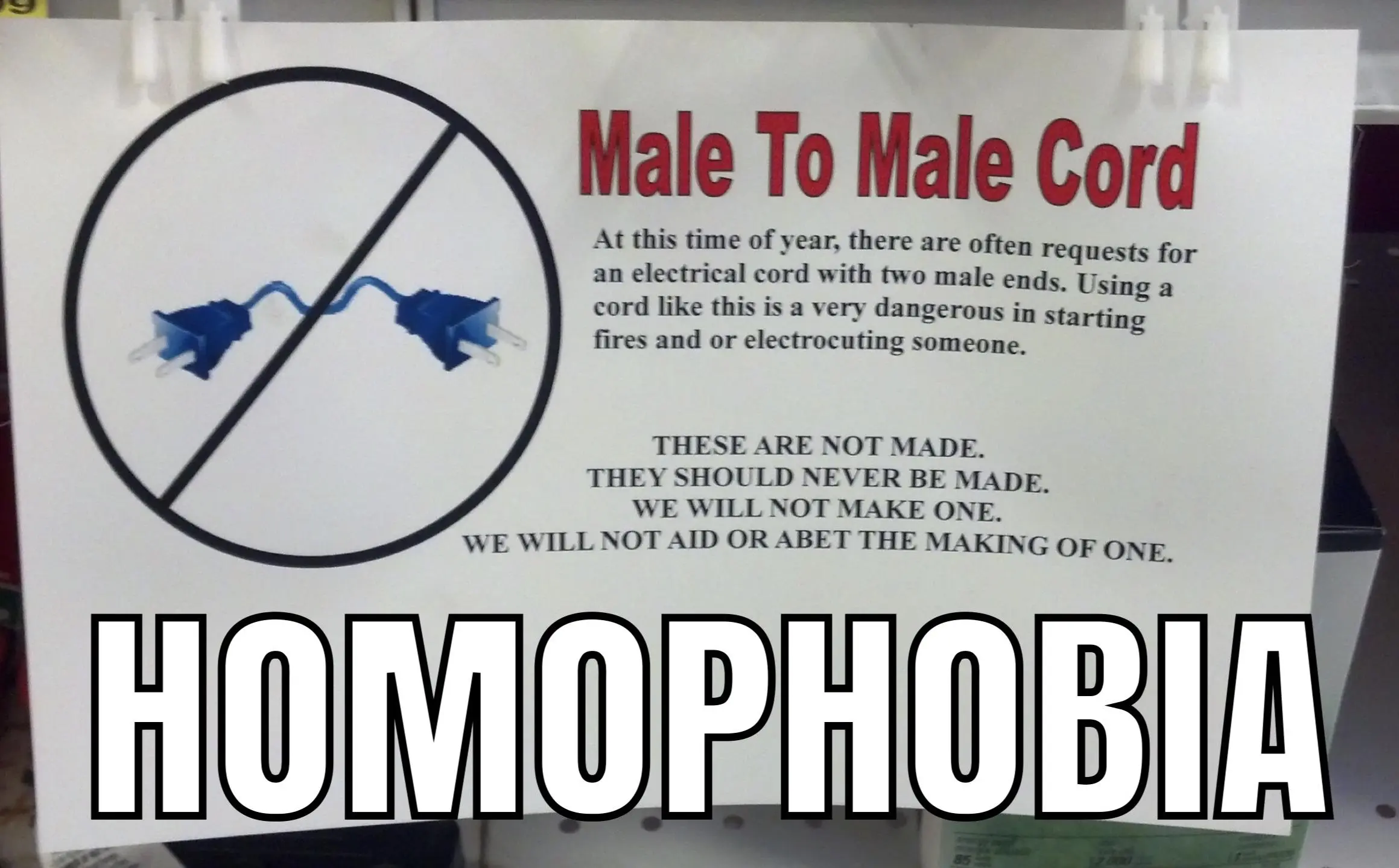this post was submitted on 31 Jul 2024
550 points (100.0% liked)
196
16581 readers
2672 users here now
Be sure to follow the rule before you head out.
Rule: You must post before you leave.
founded 1 year ago
MODERATORS
you are viewing a single comment's thread
view the rest of the comments
view the rest of the comments

At work, I have a freezer with a couple thousand dollars of product in it. If I lost power and only had male plugs to jerryrig the generator into the circuit, I would. BUT only after turning the mains off and padlocking the panel shut. I didn't have to do that as I just wired the generator directly to the freezer after disconnecting it from the mains.
Wait, an electrical outlet can be an inlet too?
Mains outlets aren't smart, they're just wiring with contact points. If you feed power into an outlet, it'll energize the circuit it's on, which is a bad idea if your mains circuit breaker isn't off.
Technicaly it is connected through the breaker so you could only supply as much to the rest of the house as that breaker can pass. Not ideal or the proper way of doing it though. Also the reason to disconnect from the grid is that you could start feeding downed power lines, and if line workers go out to work on the lines they can be electrocuted. Also, theres no telling when power will return. There should be a separete input for the generator and a transfer switch to switch between the generator and grid.
There's a reason why home battery storage systems needs to be connected to the breaker panel. You route power through it. When the batteries aren't needed then it's just a dumb relay for grid power. When you're drawing power from batteries it disconnects the grid.
Only a few industries ever draw power both from grid and local power sources at once (during peak load) and they route all the power sources through a power distribution system which prevents backfeeding.
Yes. It's called backfeeding I believe.
Any outlet can be an inlet if you are daring enough (don't do it with water mains though)